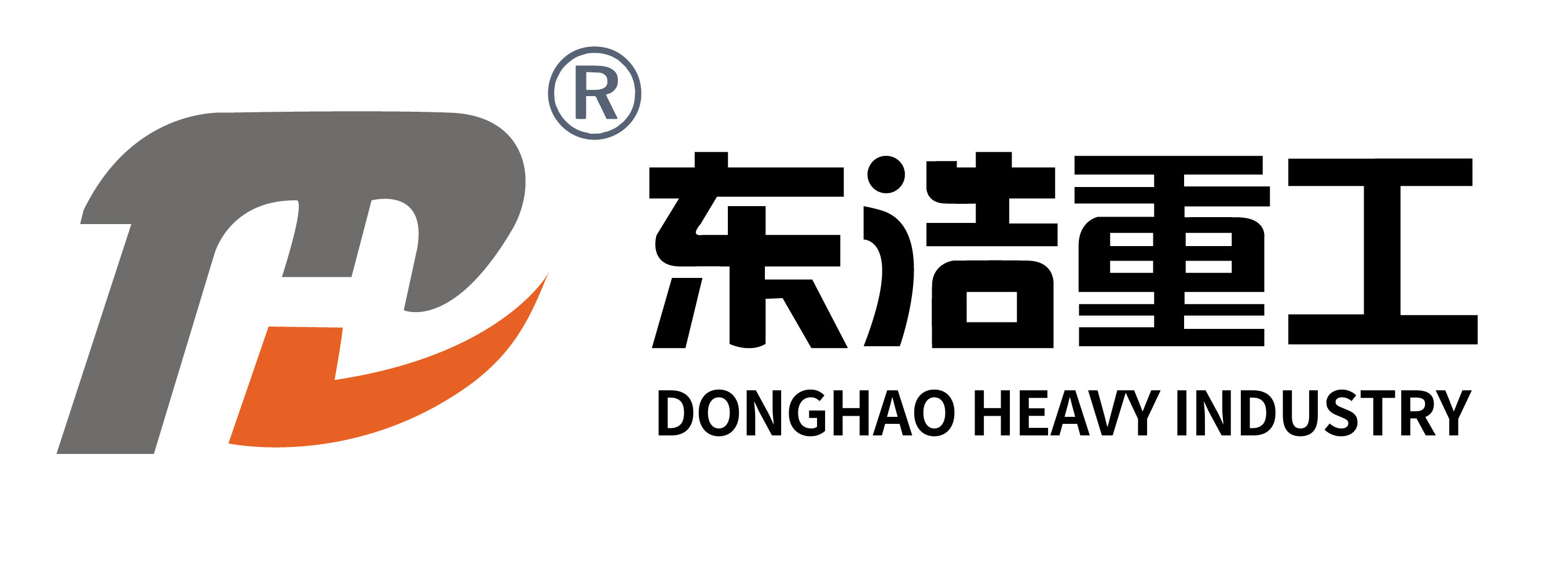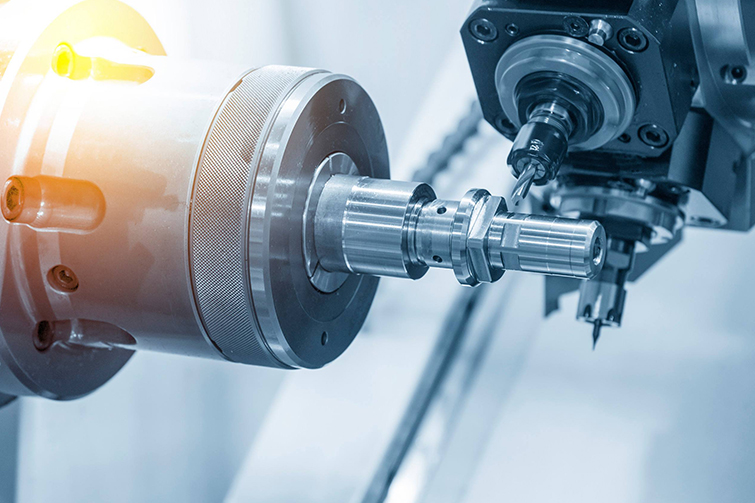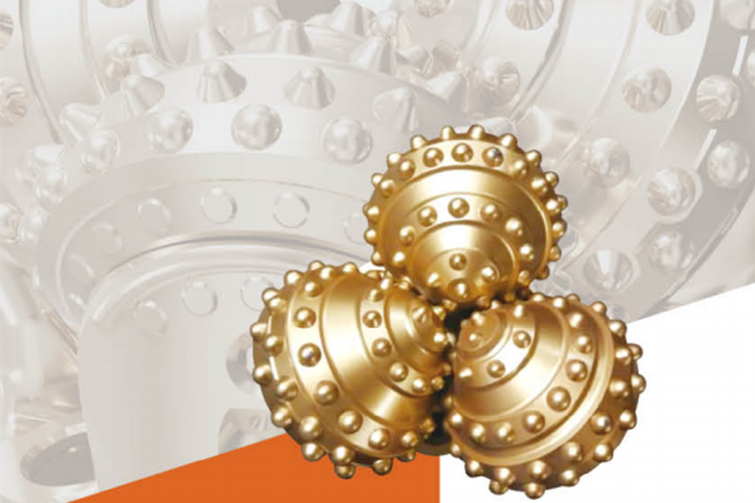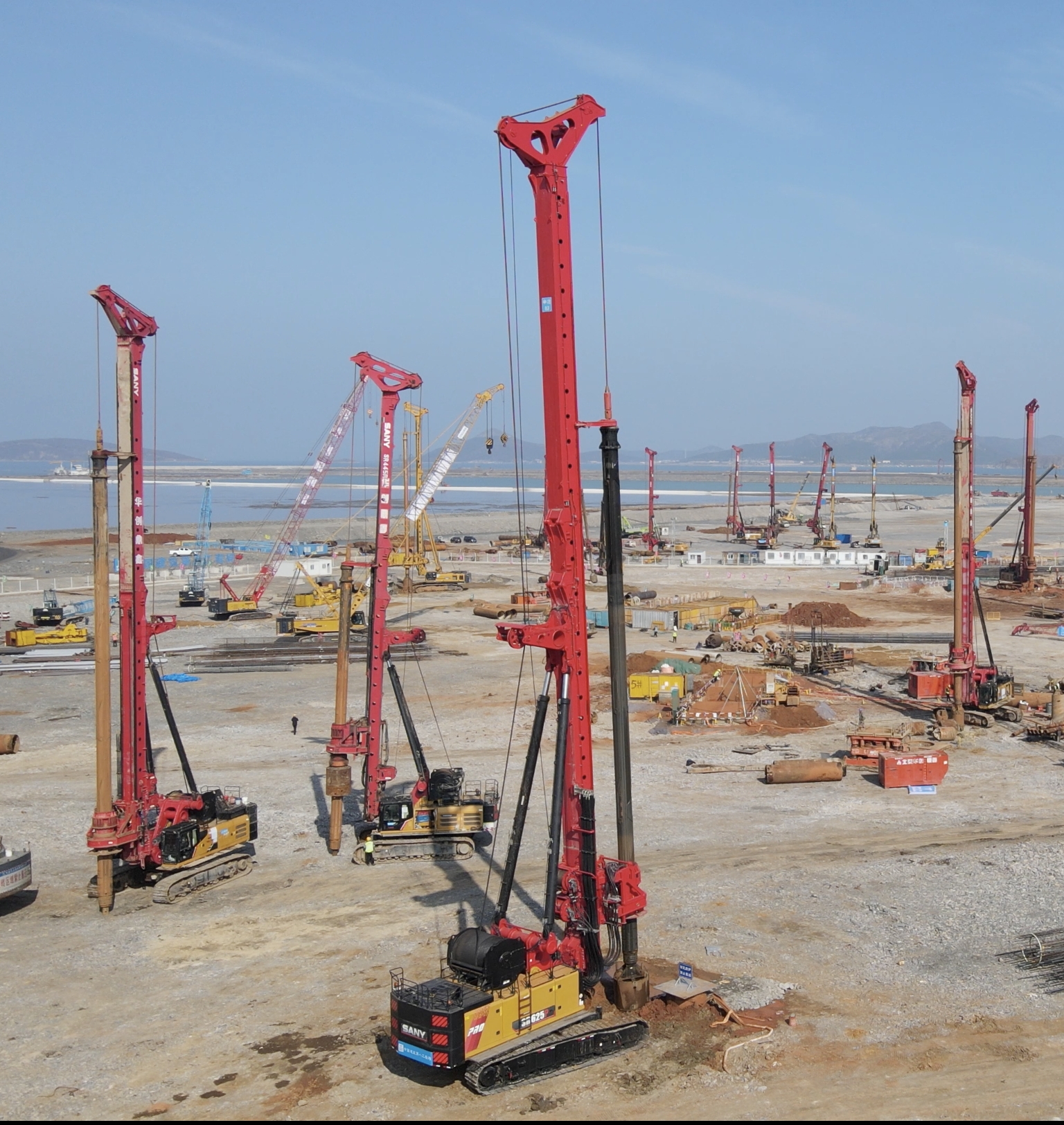
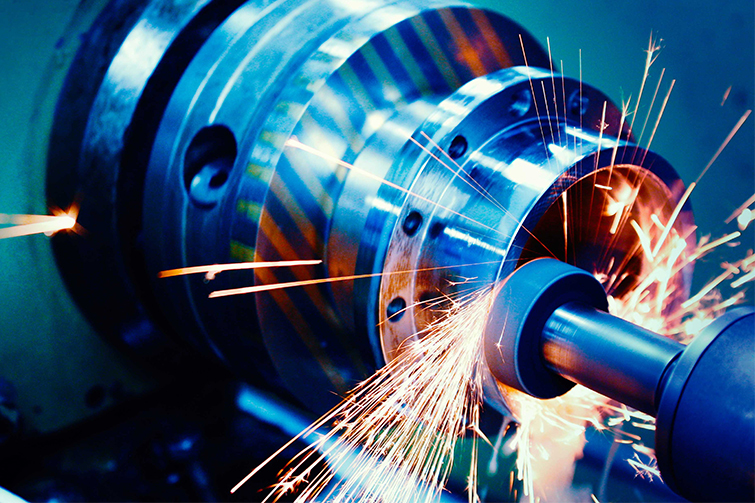
How to Choose Construction Machinery Products: A Comprehensive Guide
Choosing the right construction machinery is a crucial decision for any project, whether it’s large-scale infrastructure or smaller residential work. The correct machinery not only increases efficiency and productivity but also ensures safety and cost-effectiveness. With a vast array of options in the market, from excavators to loaders and cranes, it’s important to carefully evaluate your requirements before making a decision. This article will guide you through the key factors to consider when choosing construction machinery products.
1. Assess the Project Requirements
Before selecting any construction machinery, the first step is to thoroughly assess the needs of your project. Different types of machinery are designed for specific tasks, and understanding the project scope is critical.
- Type of Work: Consider the kind of construction work to be performed. For instance, earth-moving tasks require equipment such as excavators and bulldozers, while lifting tasks require cranes or loaders.
- Scale of the Project: Larger projects may require more powerful and larger machines, while smaller-scale projects can be completed with compact or mid-sized equipment.
- Duration of Use: If the machinery will only be used for a short period, renting may be more cost-effective than purchasing.
2. Choose the Right Type of Machinery
Once you understand the project’s scope, it’s time to select the right type of machinery. Each type of construction equipment serves specific functions.
- Excavators: Used for digging trenches, holes, or foundations, and for material handling.
- Loaders: Ideal for moving soil, gravel, or debris, as well as for loading materials into trucks.
- Cranes: Essential for lifting heavy materials and equipment to high places.
- Bulldozers: Suitable for pushing large quantities of soil, sand, rubble, or other materials.
- Skid Steer Loaders: Versatile machines often used in smaller, more confined spaces.
Understanding which machines are most effective for your specific tasks will help ensure the success of the project.
3. Evaluate Machine Specifications
Construction machinery comes in different sizes, power levels, and specifications. Depending on the nature of your project, you may need to prioritize certain specifications over others.
- Power Output: For tasks requiring heavy lifting or moving dense materials, higher horsepower machinery is necessary.
- Capacity: For loaders and trucks, capacity (such as bucket size or payload) is a key consideration.
- Reach and Height: Cranes and excavators should be chosen based on the vertical or horizontal reach needed for your project.
- Speed and Mobility: In some cases, machines with greater mobility or higher speeds may be required, especially for projects where time is critical.
4. Consider the Operating Environment
The environment in which the equipment will be used is a crucial factor. Different terrains and working conditions can influence your choice of machinery.
- Tough or Rocky Terrain: Machines with stronger tracks and better stability, such as bulldozers or tracked excavators, are ideal for uneven and rocky surfaces.
- Urban or Confined Spaces: Compact and maneuverable equipment, like mini-excavators or skid steer loaders, is best suited for tight areas.
- Weather Conditions: For projects in extreme weather (hot, cold, wet), choose equipment designed to perform efficiently in those conditions.
5. Prioritize Safety Features
Construction sites are inherently dangerous, and safety should always be a top priority. Modern construction machinery comes with a range of safety features that help protect both the operator and the crew.
- Cab Protection: Machines with reinforced cabs offer better protection for operators, especially in demolition or heavy-duty environments.
- Stability Control: Equipment with stability control systems can prevent rollovers and accidents.
- Safety Alarms: Look for machines with backup alarms, cameras, and sensors to avoid accidents when reversing or maneuvering in crowded areas.
6. Evaluate Machine Efficiency and Fuel Consumption
Fuel efficiency is a major factor in the overall cost of operating construction machinery. More fuel-efficient machines reduce operating costs and environmental impact.
- Hybrid or Electric Models: Some manufacturers offer hybrid or electric-powered construction machinery, which can significantly reduce fuel costs and emissions.
- Idle Management Systems: Equipment with automatic shutdown features during idle times can save fuel and reduce wear and tear on the machine.
7. Maintenance and After-Sales Support
Construction machinery is a long-term investment, and maintenance is key to keeping your equipment running smoothly and minimizing downtime.
- Spare Parts Availability: Ensure that the manufacturer provides easy access to spare parts and that they are readily available in case of breakdowns.
- Service Agreements: Some brands offer comprehensive service contracts or extended warranties, which can reduce the cost of maintenance over time.
- Technical Support: Consider manufacturers or dealers that offer responsive customer service and on-site support when technical issues arise.
8. Compare Brands and Manufacturers
Choosing a reliable and reputable brand is essential. Research different manufacturers and compare their offerings.
- Reputation: Look at the track record of the manufacturer in terms of product quality and durability.
- Product Range: A manufacturer with a wide product range may offer more versatile solutions, allowing you to choose equipment that can be used for multiple tasks.
- Reviews and Testimonials: Read customer reviews and testimonials to learn from the experiences of other contractors or construction companies.
9. Cost and Financing Options
Cost is often one of the most important considerations when choosing construction machinery. However, it’s essential to weigh the upfront cost against long-term benefits such as durability, fuel efficiency, and resale value.
- Purchase vs. Rent: For short-term projects or specialized equipment, renting might be more cost-effective than buying. However, for long-term use, purchasing is generally the better option.
- Financing: Many manufacturers and dealers offer financing plans, making it easier to afford large machinery purchases.
10. Environmental Impact
Sustainability is becoming an important factor in construction. Many companies now seek machinery that not only performs well but also has a lower environmental impact.
- Emissions Standards: Check whether the machine complies with current emissions standards, especially if you are working in regions with strict regulations.
- Recyclable Parts: Some manufacturers offer equipment with parts made from recyclable materials, contributing to sustainability.
Conclusion
Choosing the right construction machinery is a critical part of ensuring the success of any project. By assessing the specific requirements of the job, considering the machine specifications, evaluating safety features, and prioritizing long-term efficiency and cost, you can make an informed decision that will enhance your productivity and minimize downtime.
